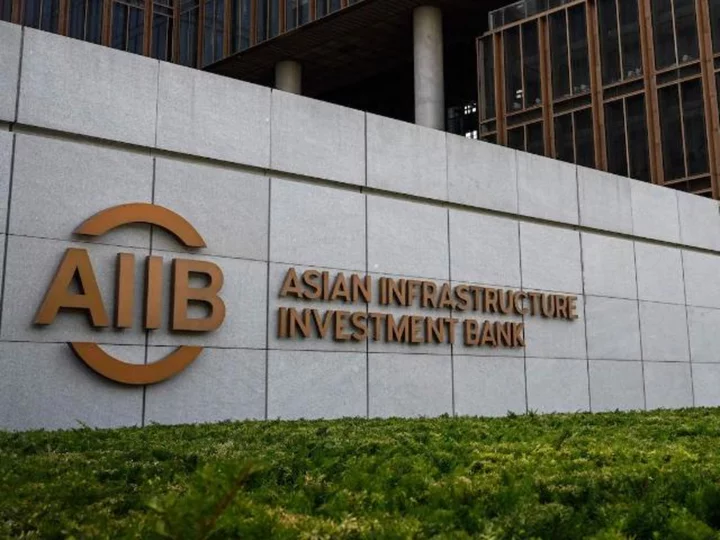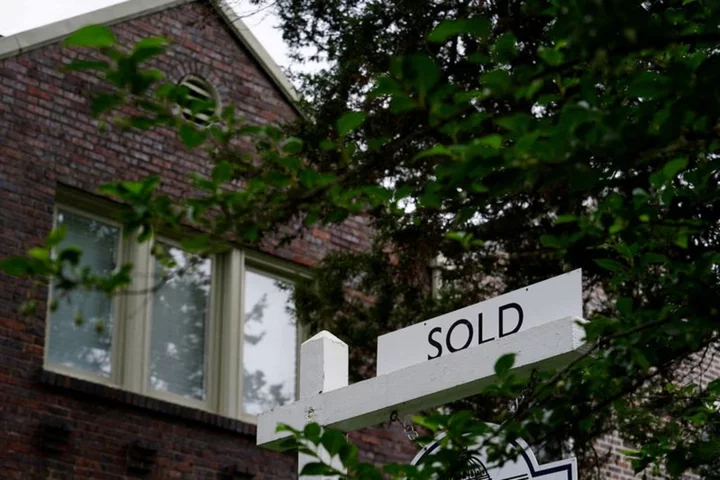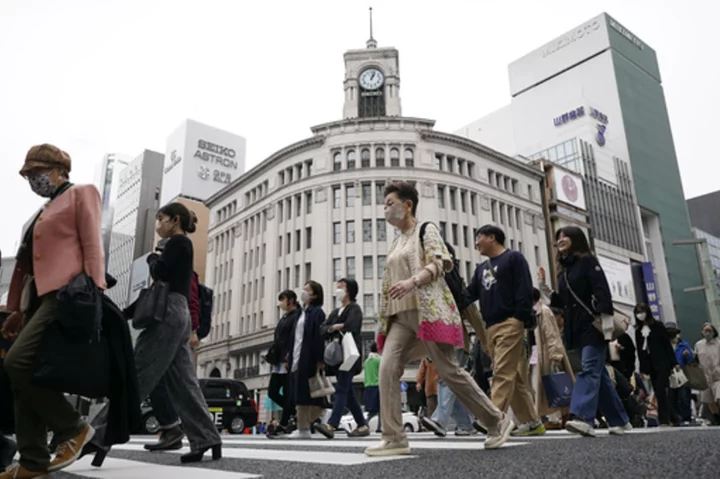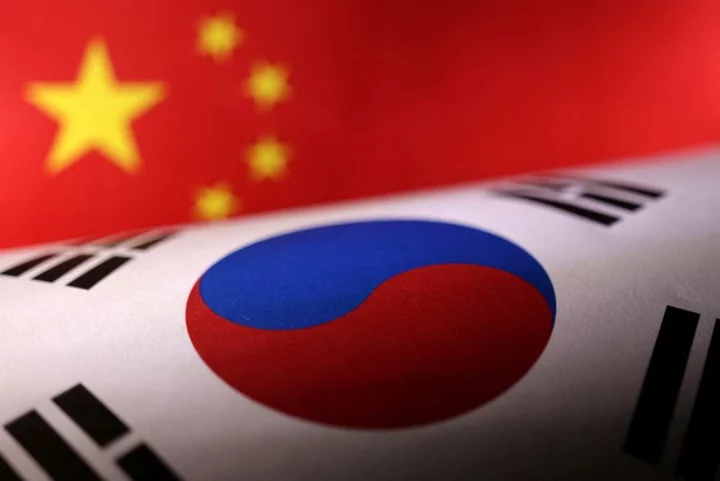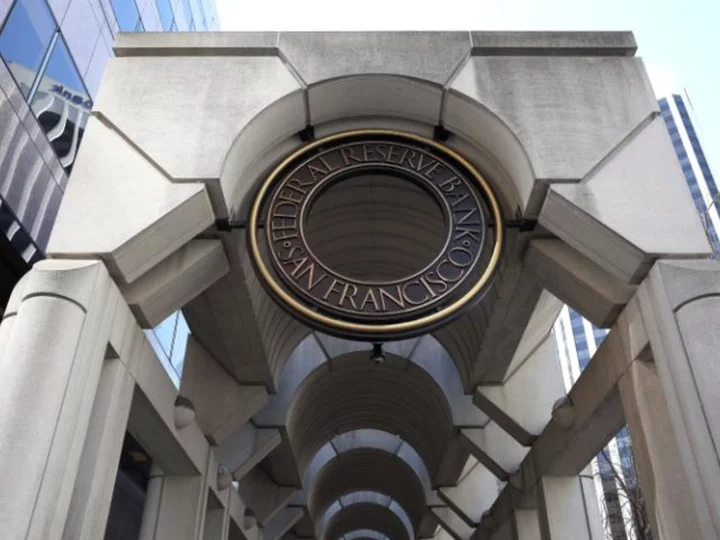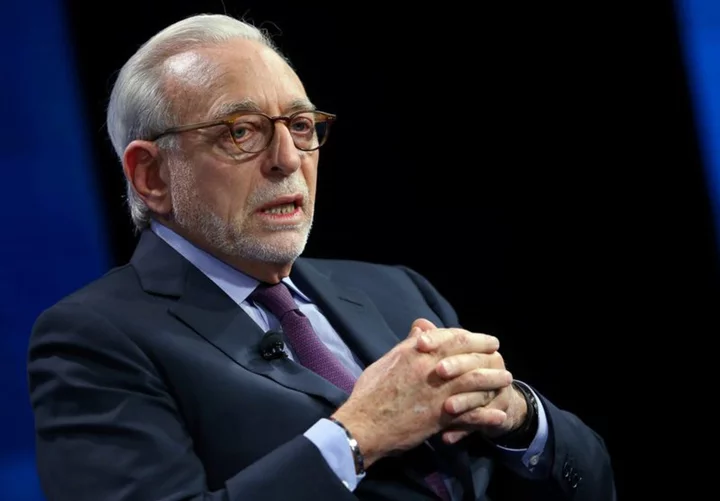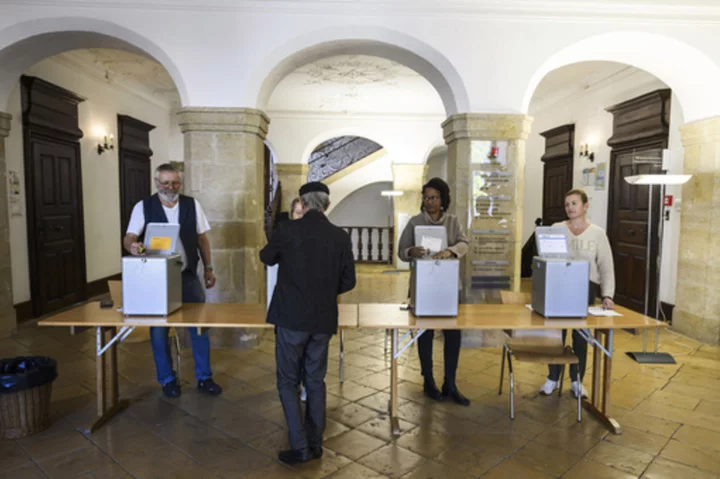A Beijing-based multinational lender is launching an internal review after Canada suspended its ties with the regional development bank, citing explosive claims that the Chinese Communist Party had infiltrated the institution.
The Asian Infrastructure Investment Bank, billed as Asia's answer to the World Bank, has "nothing to hide," Vice President Danny Alexander — a former UK Treasury minister — told CNN. Alexander oversees the bank's policy and strategy, including how it allocates investment across countries.
Alexander's comments Friday were in response to a freeze on activity ordered by Ottawa this week, pending its own review of claims about Chinese government control. The allegations were made by Bob Pickard, a Canadian citizen who resigned as global head of communications for the AIIB.
"The bank is dominated by Communist Party members and also has one of the most toxic cultures imaginable," Picard said Wednesday when announcing his exit, without elaborating. "I don't believe that my country's interests are served by its AIIB membership."
After learning of his departure, Canadian Finance Minister Chrystia Freeland said she had ordered the suspension of all government-led activity — and an inquiry — into the matter.
She said Canada would discuss the matter with allies and partners, raising the specter of more AIIB members suspending their ties.
Alexander told CNN that the AIIB isn't concerned about losing members, which number 106 including the United Kingdom, Germany and France.
Pickard did not provide evidence to support his allegations, nor respond Thursday to a request for further comment or an interview.
In statements late Thursday, the bank said it would cooperate fully with Canada's inquiry, and undertake its own review. Findings from those proceedings, led by the AIIB's general counsel, will then be reported to a group of the bank's directors, which will convene an ad-hoc committee to look into the allegations.
"Those are independent people appointed by different constituencies of our members," Alexander added.
The bank said it welcomed Canada's inquiry, and sought to send "a response that demonstrates transparency, maintains trust in the bank's multilateral character, and aligns with the bank's high standards of governance."
It also reiterated its view that Pickard's allegations had no merit.
Asked why the bank would conduct its own review rather than simply dismiss the claims, Alexander said it was because the AIIB had full confidence they would be proven baseless.
"I'm at a loss to understand what has triggered this, but also very clear that there's no reality to the claims that have been made," he added.
Alexander, who worked directly with Picard over the past year, said he was taken aback by his comments, adding they did not reflect his own experience working at the bank's Beijing headquarters since 2016, when the AIIB began operations.
The brainchild of Chinese leader Xi Jinping, the bank was designed to provide investment in infrastructure and other regional projects. Beijing was frustrated at its lack of influence at the World Bank, based in Washington, DC, and the Asian Development Bank, where Japan is a major force.
Today, the AIIB has disclosed capital of $100 billion, with sizable commitments from most of the world's advanced economies, though not the United States.
Canada joined the AIIB in 2018, and has since pledged a total of $995.4 million.
The organization still counts China as by far its biggest backer, with $29.8 billion committed to the bank.

